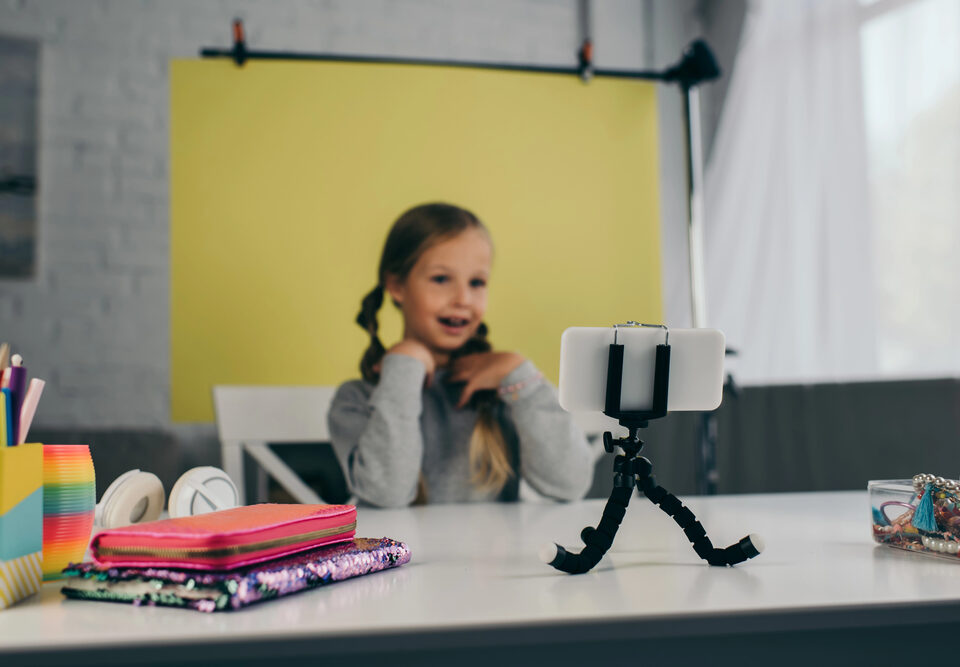Estate Planning for Second Marriages 101
April 17, 2019What You Need to Know About Gray Divorce & Estate Planning
May 10, 2019If you are like most people who think about estate planning, the focus and emphasis is probably on your financial assets. And, rightly so. After all, it is important to make sure your bank accounts, investments, real estate, and cash pass according to your wishes when you die. But, what about all of your “stuff?” Chances are, you have tangible personal property that means a great deal to you but that perhaps not your heirs who won’t appreciate them the way you do.

A recent Forbes article highlighted the top ten things your loved ones probably won’t want from your estate, also providing helpful suggestions of things you can do with those items instead of saddling your children with the burden of disposing of these things (and the guilt that may come with that obligation.) Those top ten unwanted items of tangible personal property are:
- Books
- Paper (think greeting cards you’ve saved, photos, etc.)
- Sewing machines, film projectors, and steamer trunks
- Porcelain figurines and collectible plates
- Silver-plated objects, with a few exceptions
- Antique furniture, especially heavy, dark pieces
- Persian rugs
- Linens
- Sterling silver flatware, crystal wine glasses
- Fine porcelain dinnerware
If you use and enjoy these items, by all means, continue doing so. However, if you have collections of some of these things stored away thinking that your children may like to inherit them, you may be surprised to learn that your children value different things. To them, the items listed above may not have the same sentimental value, memories, or other attachments that you associate with them.
Consider talking to your children about donating such items after you pass, or explore making lifetime donations. When you do, you can enjoy the feeling that someone else will be able to enjoy your item and you may be able to take a tax deduction too.
To learn more about thoughtful estate planning, contact us today to schedule a consultation!



